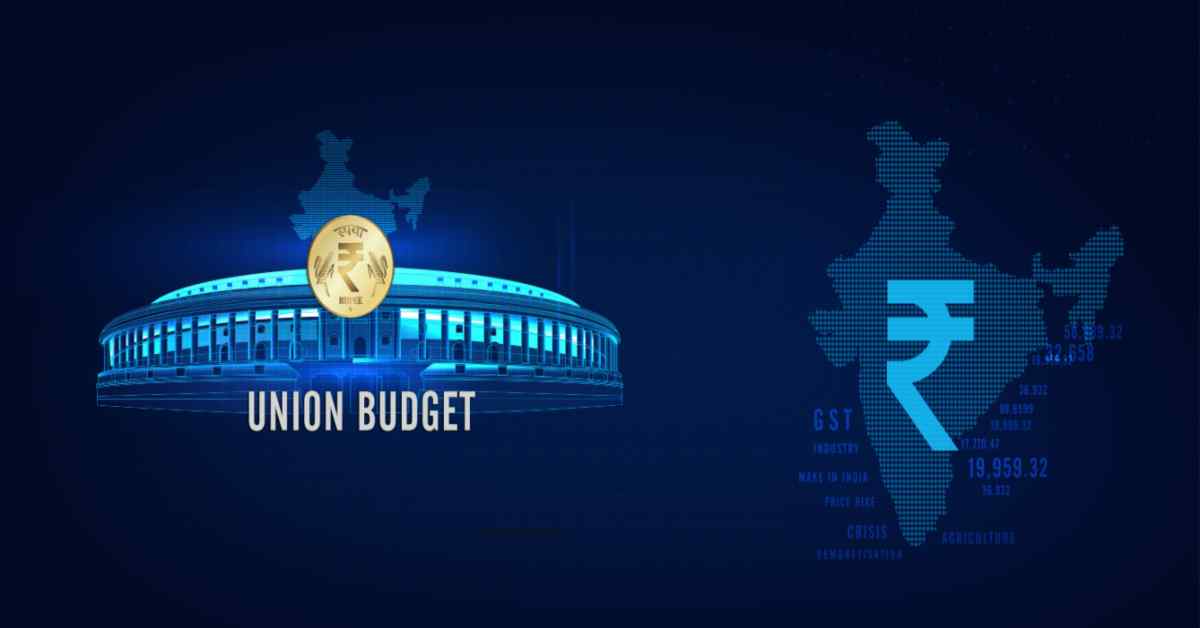Table of Contents
Quality Service Guarantee Or Painting Free

Get a rental agreement with doorstep delivery

Find the BEST deals and get unbelievable DISCOUNTS directly from builders!

5-Star rated painters, premium paints and services at the BEST PRICES!
Loved what you read? Share it with others!


Submit the Form to Unlock the Best Deals Today
Help us assist you better
Check Your Eligibility Instantly

Experience The NoBrokerHood Difference!
Set up a demo for the entire community
Secrets to Unlock Before Buying Your Dream Apartment
Table of Contents
Buying an apartment is a significant investment, and when it comes to the bustling cities of India, there are several factors that homebuyers should consider. From location and budget to amenities and legal aspects, there is a lot to contemplate before making a decision. In this blog, we will discuss ten important points that every homebuyer should keep in mind before purchasing an apartment.
Important Laws to Keep in Mind While Buying a Flat
When purchasing property in India, it is crucial to be aware of and comply with several important laws and regulations. Here are some key legal aspects to keep in mind:
- Real Estate (Regulation and Development) Act, 2016 (RERA): RERA is a significant law that aims to protect the interests of homebuyers and regulate the real estate sector. It mandates that developers must register their projects with the respective state's Real Estate Regulatory Authority and provide accurate project details, including completion timelines, layout plans, and financial information.
- Transfer of Property Act, 1882: This act governs the transfer of property in India. It outlines the rules for valid transfers, including sale, mortgage, lease, and gift, and specifies the rights and obligations of the buyer and seller. It is essential to ensure that the property's title is clear and the seller has the legal right to sell the property.
- Registration Act, 1908: This act mandates the compulsory registration of property transactions exceeding specified thresholds. The buyer must register the sale deed or agreement to sell with the local Sub-Registrar's Office within the prescribed period to establish legal ownership.
- Indian Stamp Act, 1899: The Indian Stamp Act requires payment of stamp duty on property transactions. Stamp duty rates vary from state to state and are usually a percentage of the property's value. It is crucial to pay the appropriate stamp duty to validate the transaction and avoid legal complications.
- Income Tax Act, 1961: Purchasing property can have tax implications. It is essential to consider the income tax laws and provisions related to property ownership, including capital gains tax, rental income taxation, and deductions available for home loans.
- Land Acquisition Act, 2013: This act regulates the acquisition of land by the government for public purposes. Buyers should ensure that the property they are purchasing has not been acquired or involved in any legal disputes under this act.
- Municipal Laws and Development Regulations: Different municipalities and local authorities have their own rules and regulations regarding property development, construction, and land use. It is important to comply with these regulations to avoid any legal issues.
- Environmental Laws: Environmental regulations and clearances may be required for certain types of properties, especially those close to ecologically sensitive areas or involving large-scale construction. Compliance with environmental laws is essential to avoid legal penalties and future challenges.
- Foreign Exchange Management Act, 1999 (FEMA): If you are a non-resident Indian (NRI) or a foreigner purchasing property in India, you need to adhere to FEMA regulations, which govern property transactions by foreign individuals/entities.
Important Documents to Check While Buying a Flat
When buying a flat, it is crucial to thoroughly examine certain important documents to ensure a smooth and legally secure transaction. Here are the key documents you should check:
Quality Service Guarantee Or Painting Free

Get a rental agreement with doorstep delivery

Find the BEST deals and get unbelievable DISCOUNTS directly from builders!

5-Star rated painters, premium paints and services at the BEST PRICES!
- Sale Deed: The sale deed is the most critical document that establishes the ownership of the flat. It contains details of the buyer, seller, property description, sale price, and other relevant terms and conditions. Verify that the sale deed is properly executed, stamped, and registered.
- Mother Deed/Title Deed: The mother deed, also known as the title deed, traces the ownership history of the property from its origin to the current seller. It establishes the seller's right to sell the flat. Ensure that the mother deed is in the seller's name and free from any encumbrances or legal disputes.
- Encumbrance Certificate: The encumbrance certificate provides information about any existing mortgages, loans, or legal liabilities on the property. It is essential to confirm that the flat is free from any encumbrances and that the seller has a clear title and authority to sell.
- Building Approval Plan: Obtain a copy of the approved building plan from the local development authority. Verify that the construction of the flat complies with the sanctioned plan and the building regulations set by the authorities.
- Completion Certificate: The completion certificate is issued by the local municipal corporation or development authority after the construction is completed. It certifies that the building complies with all safety and quality standards. Ensure that the flat has a valid completion certificate.
- Occupancy Certificate: The occupancy certificate is issued by the local authorities, indicating that the building is fit for occupancy. It signifies that the infrastructure, utilities, and safety measures are in place. Verify that the flat has a valid occupancy certificate.
- Property Tax Receipts: Request the seller to provide property tax receipts for the flat for the past few years. This ensures that the property taxes are paid up to date and there are no outstanding dues.
- NOC from Relevant Authorities: If the flat is in a co-operative society or under a development authority, obtain a No Objection Certificate (NOC) from the society or authority. This ensures that there are no objections or pending dues associated with the flat.
- Power of Attorney: If the seller is not the owner mentioned in the title deed, but is selling on behalf of the owner, ensure that a valid power of attorney is in place. Verify the authenticity and validity of the power of attorney document.
- Allotment Letter and Possession Letter: If you are purchasing a flat in a housing project or from a builder, obtain copies of the allotment letter and possession letter. These documents detail the terms of the allotment and the possession schedule.
It is highly recommended to consult with a legal expert or a professional real estate advisor to verify these documents thoroughly. Conducting due diligence on the documents will help protect your investment and ensure a secure and hassle-free ownership experience.
Buying an apartment requires careful consideration of multiple factors. By keeping these ten pointers in mind – location, budget, builder's reputation, legal due diligence, apartment size and layout, amenities and facilities, connectivity and infrastructure, maintenance charges and society rules, resale value and appreciation, and project completion timeline – you can make an informed decision and find the perfect home that meets your needs and aspirations.
Remember to conduct thorough research, seek expert advice, and visit multiple properties before finalizing your purchase.
FAQs
Before purchasing an apartment it is very essential to verify important legal documents. Some of the crucial documents include the title deed, sale agreement, building plan approvals, occupancy certificate, and completion certificate. These documents ensure that the property is legally sound and in compliance with the necessary regulations.
Assessing the reputation of the builder is crucial to ensure quality construction and timely delivery. You can research the builder's track record by checking their completed projects and evaluating the feedback from existing residents. Online forums, reviews, and social media platforms can also provide insights into the builder's reputation, customer satisfaction, and after-sales service.
To evaluate the resale value and appreciation potential of an apartment in India, consider factors such as the location's growth prospects, infrastructure development in the vicinity, upcoming commercial projects, and demand-supply dynamics. Additionally, analyze historical price trends in the area and consult with real estate experts to gain a comprehensive understanding of the property's potential for future value appreciation.
To ensure a smooth living experience, it is important to understand the maintenance charges and societal rules. Inquire about the maintenance charges, including the frequency and mode of payment. Additionally, carefully review society's rules and regulations regarding noise restrictions, parking policies, pet ownership, and any other specific guidelines that may impact your lifestyle.
When evaluating connectivity and infrastructure, consider the apartment's proximity to major roads, public transportation options like metro stations or bus stops, and the availability of well-developed infrastructure in the neighbourhood. Assess future infrastructure projects planned in the area, such as road expansions or upcoming metro lines, as they can significantly impact commuting convenience and the overall appreciation potential of the property.
Loved what you read? Share it with others!
Most Viewed Articles

Secrets to Unlock Before Buying Your Dream Apartment
June 15, 2023
3332+ views

Unlocking the World of Digital Assets: A Guide to Cryptocurrency and NFTs
March 21, 2023
2119+ views

Unlocking IPO Potential: Strategies for Maximising Returns
June 13, 2023
1882+ views

Inspiring Ideas for Transforming Your Space: A Structured Guide to Remodelling Your Home
June 16, 2023
1747+ views

The Impact of Yearly Budget 2025-24 on Middle Class [A Comprehensive Analysis]
April 25, 2023
1686+ views
Recent blogs in




Join the conversation!